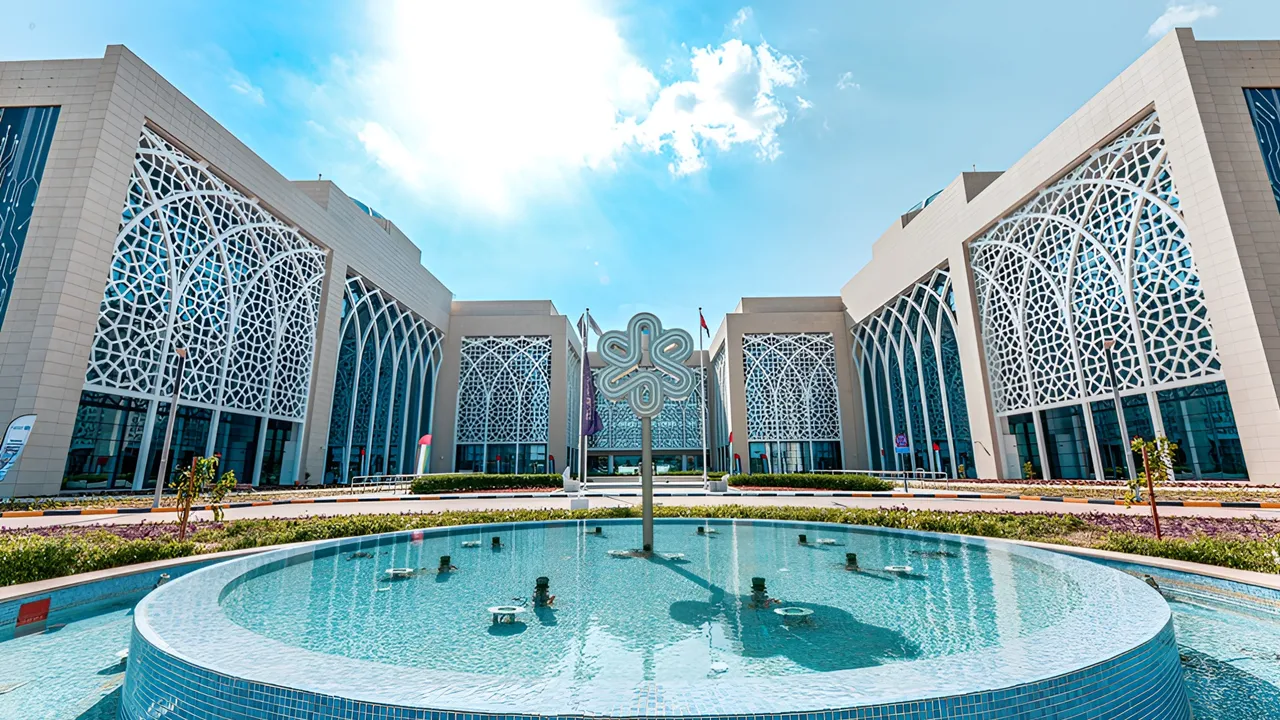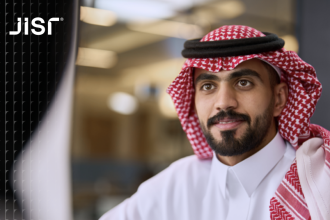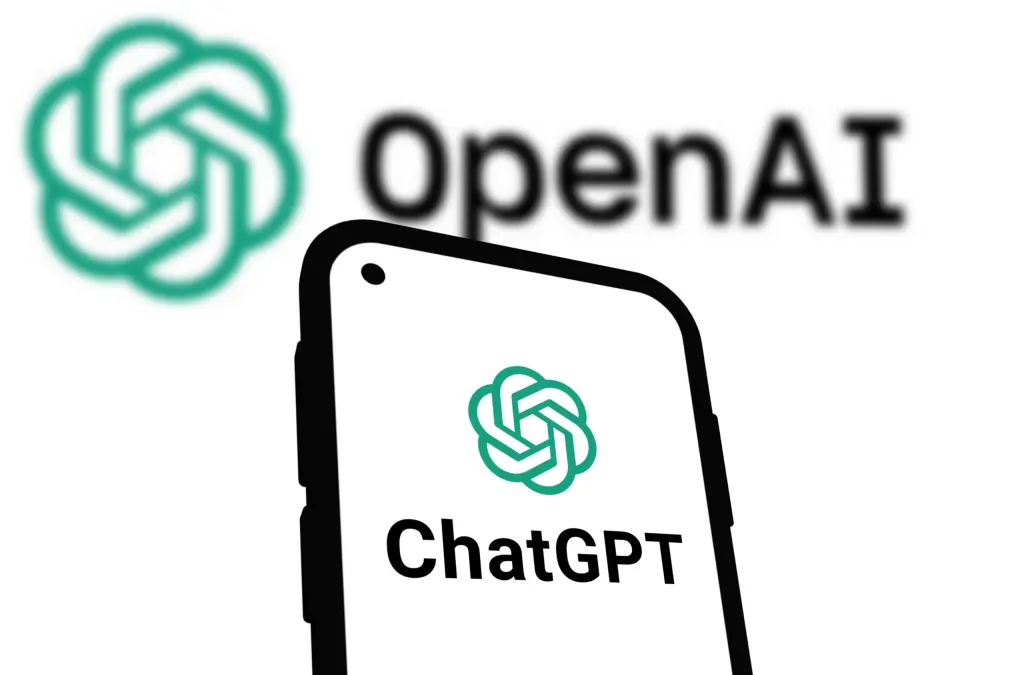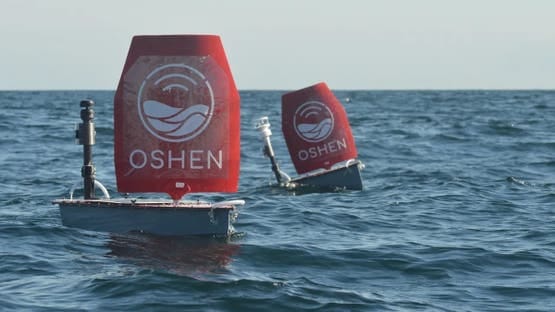In a landmark move set to redefine user interaction with artificial intelligence, OpenAI has announced the launch of interactive applications directly within its flagship product, ChatGPT. The announcement, a centerpiece of the company’s annual DevDay 2025 conference, introduces a new platform that allows users to seamlessly integrate services from major companies into their conversations.
A New Paradigm for App Interaction
Starting this week, ChatGPT users can access and interact with apps from leading companies such as Booking.com, Expedia, Spotify, Figma, Coursera, Zillow, and Canva. This integration moves beyond simple text responses, enabling a more dynamic and productive user experience. Users can now invoke these third-party tools within their everyday conversations by simply mentioning their names.
For instance, a user can prompt, “Figma, turn this sketch into a workable diagram,” or ask, “Coursera, can you teach me something about machine learning?” to call up the respective app’s functionality directly in the chat interface. CEO Sam Altman stated, “We want ChatGPT to be a great way for people to make progress, to be more productive, more inventive, to learn faster… [Apps inside of ChatGPT] will enable a new generation of apps that are interactive, adaptive, and personalized, that you can chat with.”
From GPT Store to Integrated Ecosystem
This launch marks OpenAI’s most significant step yet in building an ecosystem around ChatGPT, moving on from previous models like the GPT Store. Unlike its predecessor, which operated as a separate marketplace, this new system embeds applications directly into ChatGPT’s conversational flow. This provides developers with unparalleled distribution and offers users a richer, more contextual experience. The system is built on the Model Context Protocol (MCP), which allows developers to connect their data sources to the AI and render fully interactive UIs in response to prompts.
Implications for the MENA Tech Ecosystem
This development presents a transformative opportunity for the MENA startup and technology landscape. For founders and developers across the region, this new platform offers a powerful, low-friction channel to reach a massive global user base directly within one of the world’s most popular applications. Startups in sectors like e-commerce, travel, fintech, and ed-tech can build apps that allow users to book flights, order food, manage finances, or access learning content through simple, natural language commands.
This creates a new competitive frontier, potentially leveling the playing field for innovative MENA-based companies to gain visibility alongside global giants. For the region’s venture capitalists, this shift necessitates evaluating how portfolio companies are adapting their strategies to leverage conversational AI platforms as a core part of their customer acquisition and engagement models.
Key Questions and The Path Forward
While the potential is vast, the new ecosystem raises important questions regarding data privacy and platform neutrality. OpenAI has stated that developers must collect only minimal data and be transparent about permissions, though the exact scope of data access remains to be detailed. Furthermore, it is unclear how ChatGPT will prioritize between competing services, such as DoorDash and Instacart, when a user makes a generic request.
OpenAI has also confirmed plans to support monetization for developers in the future, including through its recently launched Instant Checkout feature, signaling a clear path toward a commercially viable app ecosystem within the chatbot.
About OpenAI
OpenAI is an AI research and deployment company dedicated to ensuring that artificial general intelligence (AGI) benefits all of humanity. Founded in 2015, the company is known for its pioneering work in large-scale AI models, including the GPT (Generative Pre-trained Transformer) series and the DALL-E image generation model. Its flagship product, ChatGPT, has become one of the fastest-growing consumer applications in history.
Source: TechCrunch













